📷 Echoes from Freedom Park: Cambodia’s 2013–2014
- Ian Miller

- Aug 24, 2025
- 3 min read
In the humid months following Cambodia’s July 2013 general election, something rare stirred in Phnom Penh: a collective breath held, then released in protest. Tens of thousands of citizens—monks, garment workers, students, farmers—took to the streets in what became the country’s most sustained anti-government demonstrations in decades. Their rallying cry wasn’t just about ballots. It was about dignity, transparency, and the right to be heard.

🗳 The Spark: A Disputed Election
The Cambodian People’s Party (CPP), led by Prime Minister Hun Sen, claimed victory in the 2013 election. But the opposition Cambodia National Rescue Party (CNRP), under Sam Rainsy and Kem Sokha, alleged widespread fraud. Voter rolls were riddled with irregularities. Ballots went missing. The National Election Committee, long criticised for its lack of independence, offered little reassurance.
For many Cambodians, especially the youth and urban poor, this wasn’t just another rigged vote. It was a tipping point.
🧵 Threads of Discontent
The demonstrations weren’t monolithic. They braided together multiple grievances:
Labor unrest: Garment workers demanded a livable wage—$160/month—amid rising costs and exploitative conditions.
Land rights and displacement: Communities displaced by development projects joined the protests, demanding justice.
National identity: Tensions over Vietnamese influence in Cambodian politics added fuel to the fire.
Media and speech: Independent voices were increasingly silenced, and protesters demanded press freedom.
Freedom Park became the epicenter—a patch of concrete turned into a civic heartbeat. Protesters camped out, sang, prayed, and spoke. It was messy, hopeful, and electric.
🔥 The Crackdown
In early January 2014, the government responded with force. Military police opened fire on striking garment workers near Veng Sreng Boulevard, killing at least four and injuring dozens. The protest camp at Freedom Park was dismantled. The message was clear: dissent would not be tolerated.
The violence marked a turning point. The CNRP eventually agreed to enter parliament after negotiations, but the momentum of the movement had been blunted. By 2017, the CNRP was dissolved by court order. Many of its leaders were jailed or exiled. The civic space that had briefly bloomed was shuttered.

📚 Legacy and Lessons
Though the protests didn’t yield regime change, they reshaped Cambodia’s political consciousness. They revealed:
A growing appetite for democratic reform.
The power of cross-class solidarity.
The risks faced by activists and journalists.
The fragility of civic space under authoritarian pressure.
For documentarians and educators, this moment offers a rich case study in ethical witnessing. It asks: how do we photograph hope when it’s under siege? How do we teach resistance when the cost is high?
🪞 Personal Reflections
As someone who walks Phnom Penh’s streets with a camera and a conscience, I often think about the ghosts of Freedom Park. Not as symbols of defeat, but as reminders of what people dared to imagine. The protests were imperfect, fragmented, and ultimately suppressed—but they were real. And realness, in a landscape of spin and silence, is revolutionary.
🧭 Political Landscape: Continuity with a New Face
Leadership Transition: After decades under Hun Sen, power formally shifted to his son, Hun Manet, in 2023. While the transition was framed as generational renewal, the Cambodian People’s Party (CPP) remains firmly in control of all state institutions.
Single-Party Dominance: Cambodia continues to function as a de facto single-party state. Elections are tightly managed, opposition figures are harassed or imprisoned, and dissent is criminalized.
Constitutional Changes: In July 2025, the government passed a controversial amendment allowing it to revoke citizenship from individuals deemed to have colluded with foreign powers—a move widely criticized as a tool to silence exiled opposition voices.
🛠️ Development Strategy: The Pentagonal Plan
Hun Manet introduced the Pentagonal Strategy, a national development blueprint aimed at:
Driving sustainable economic growth
Enhancing infrastructure and digitalization
Improving education and healthcare
Strengthening governance (though critics argue this is more rhetorical than real)
Positioning Cambodia competitively in the global economy

⚔️ Regional Tensions
Cambodia–Thailand Border Conflict: A brief skirmish in May escalated into armed conflict by July 2025. Though a ceasefire was reached, the episode reignited nationalist rhetoric and further justified domestic crackdowns on dissent.
🧠 Under the Surface
Despite the official narrative of progress, civil liberties continue to erode. Activists, journalists, and opposition figures face surveillance, arrest, and exile. The promise of reform is undermined by the reality of repression.






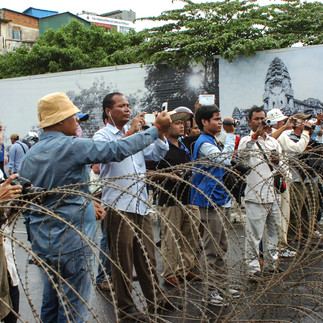









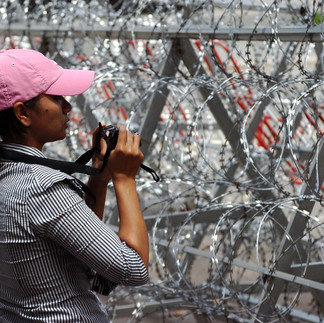



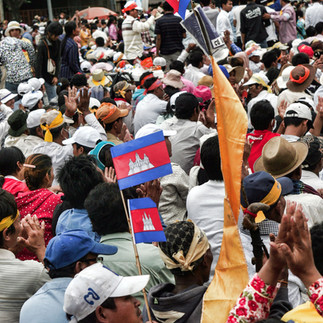















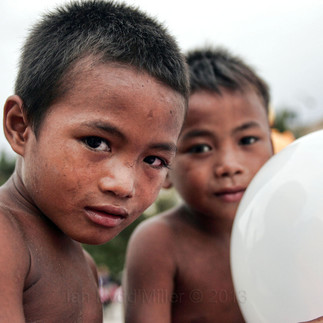

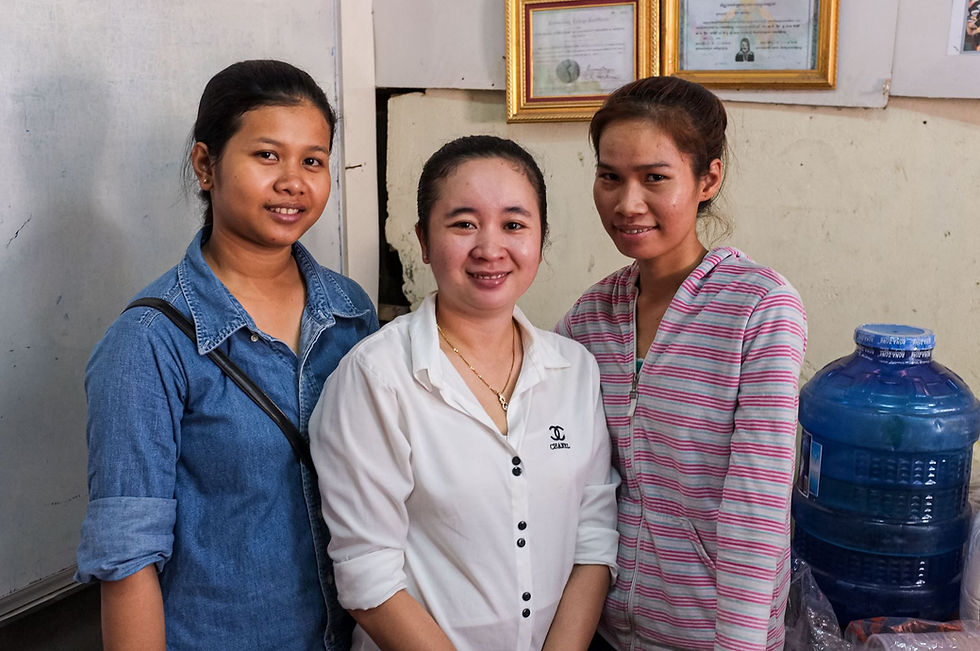

Comments